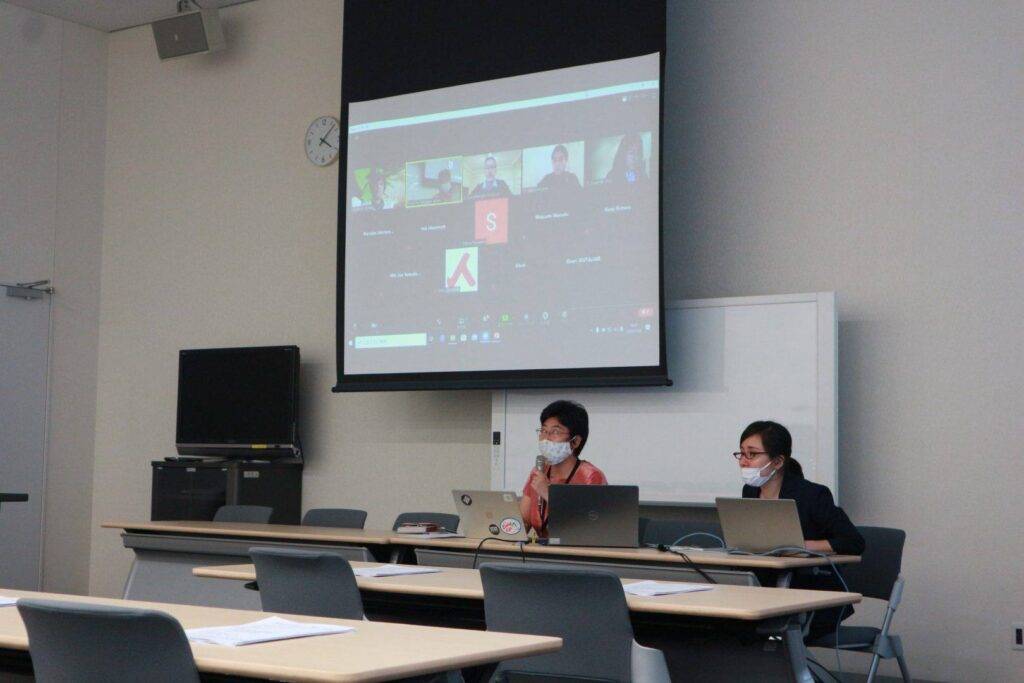On 28th July 2020, Forum for Refugees Japan (FRJ), an IDC member and a network of NGOs working to support asylum seekers and refugees arriving in Japan, hosted a webinar on Alternatives to Detention (ATD) to raise awareness among members of parliament in Japan.
The webinar was attended by eleven MPs and their staff members from both ruling and opposition parties. Vivienne Chew from IDC’s Asia Pacific Programme was invited to speak on global trends on immigration detention, international research findings on ATDs as well as the lessons learnt from various ATD models. David Keegan from HOST International, an IDC member based in Australia, also had an opportunity to share the asylum system and ATD measures currently in place in Australia with Japanese MPs and civil society members.
The webinar was organised against the backdrop of the recent report submitted to the Ministry of Justice in Japan by Expert Panel for Detention and Deportation in July 2020, in which the panel suggested measures to address the long-term detention of foreign nationals including asylum seekers, in Japan. Civil society has raised concerns over the panel’s suggestions, in particular, proposed measures that could result in criminal penalties being applied towards migrants and failed asylum seekers who are unable to follow deportation orders. On a more positive note, the report mentioned ATD as a potential means to resolve long-term detention, though the term “ATD” is largely undefined. Following the release of the report, FRJ members immediately released a joint statement (English translation here) on the recommendations made by the Expert Panel and subsequently organised the ATD webinar.
The webinar came in timely as the Ministry of Justice will be using the expert panel report for the revision of the Immigration Control and Refugee Recognition Act during the next parliamentary session due to take place in a few months. The webinar provided an opportunity for FRJ to highlight the importance and effectiveness of rights-based, engagement centered ATD rather than models based on enforcement and sanctions. The vital role of collaboration between government and civil society actors in ATD implementation was also discussed.
Moving forward, FRJ and its members will continue to engage with relevant government agencies to ensure the future ATD scheme can contribute to a rights-based asylum and migration governance system in Japan.
